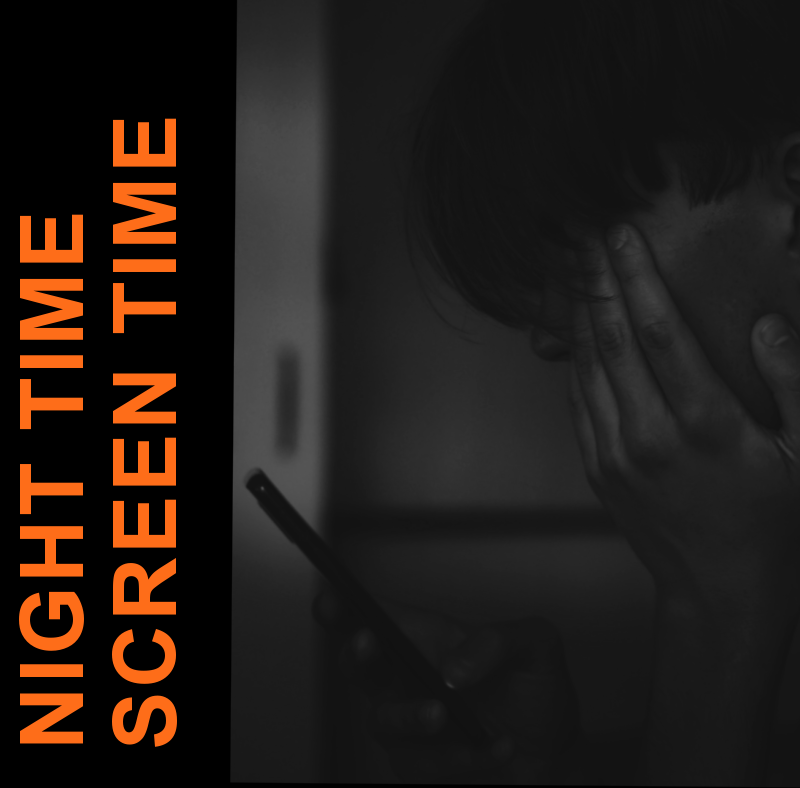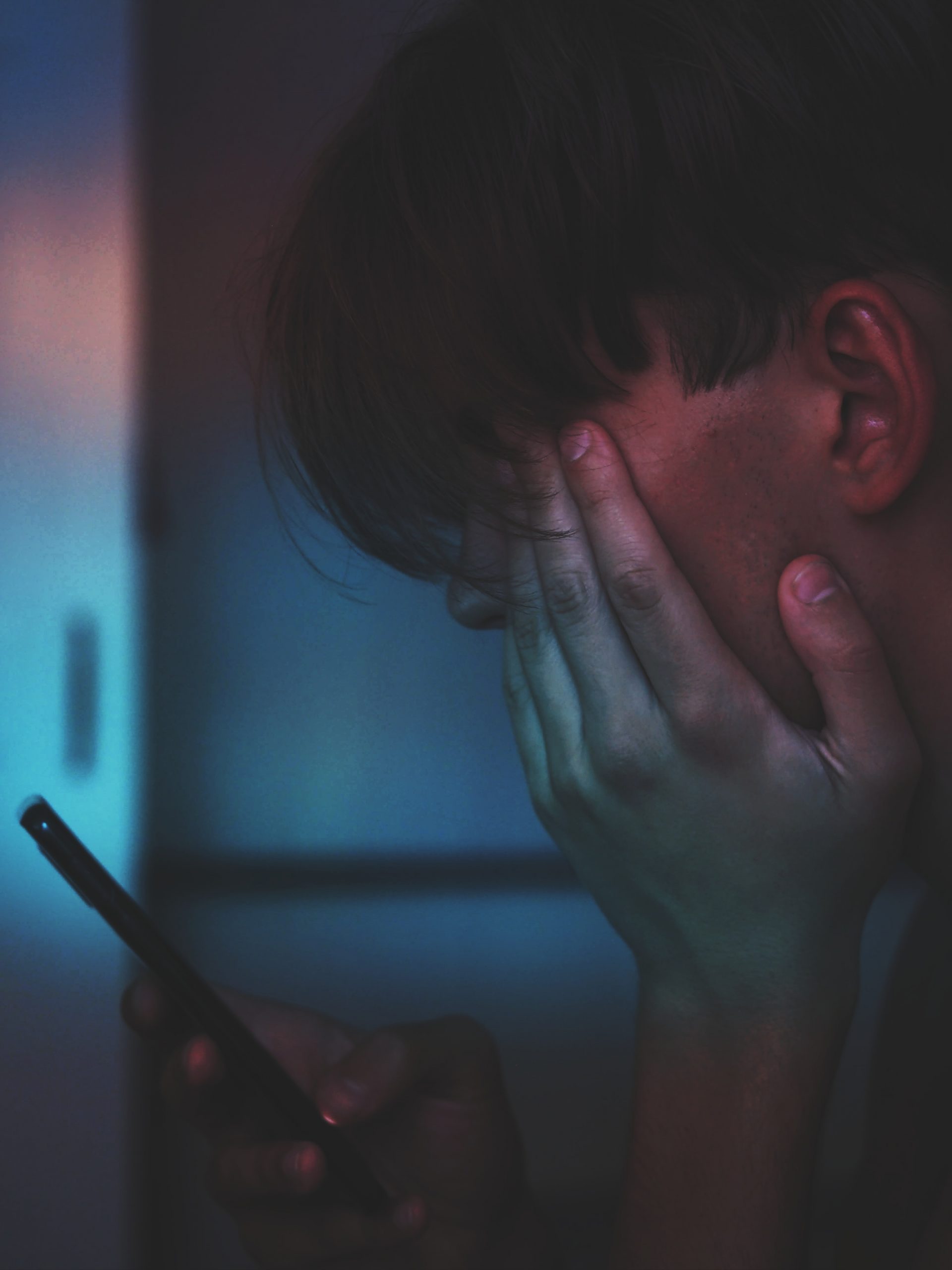
This one single sleep habit can significantly improve your clients’ daytime energy (as it is influenced by night sleep), which equates to more motivation for exercise and to eat well! As a bonus, replacing evening screen time with relaxing bedtime activities also reduces stress and enhances mindfulness. Let’s review the rationale behind ditching bedtime screens and then explore some simple swaps.

Why No Screens Before Bed?
Screens might seem relaxing and be regarded as an unwinding activity by many. However, the research indicates otherwise. Screens stimulate the central nervous system instead of calming it, especially when social media or drama TV is the main feature. Not many of us are watching chakra meditation videos on our screens before bed, are we?
The light from the screen is also an issue, tricking the body into thinking it’s still daytime when it needs to be preparing for sleep. This is why some people use blue light blocking glasses. This can be an effective strategy as long as the person feels rested the next day and isn’t waking up at night.
If your clients tell you they are tired during the day or aren’t sleeping well, screens could be the culprit, or at least a contributing factor, because of their impact on sleep. The sleep hormone, melatonin, and wakeful hormone, cortisol, are both impacted by bedtime screen usage, leading to night wakings, light sleep, and short sleep. Melatonin gets disrupted by exposure to light and cortisol is heightened by over-stimulation and light.
Challenge your clients to use calming activities that reduce stress before bed instead of screens and see how it impacts their stress, sleep, and energy. You might even arrange a friendly competition and incentives within your community to make the changes fun and supportive.
Alternative Activities to Screens
Many people may automatically reach for their phone when climbing into bed at night or most likely are still fiddling with it or another device too close to bedtime. To break the habit, you might suggest programming the phone to go into bedtime mode two hours before sleep time and spend the remainder of the evening partaking in more relaxing, sleep-friendly activities.
Replace evening screen time with:
1. Jigsaw Puzzle
2. Meditation
3. Yoga or stretching
4. Warm bath or shower
5. Reading a physical book
6. Snuggling with an animal (or human)
7. Music
8. An audiobook
9. Card game (the old-fashioned way, with a deck of cards)
What other relaxing bedtime activities can you think of?
Ask your client what is appealing so you can share ideas with others. Remind people not to stare at their screen too much if they are using a device to set up music or an audiobook as well. That can be an undercover culprit!
Encourage your clients to turn off screens (and bright lights) at least one hour before bed. If this seems too challenging at first, suggest they start with 15 minutes and work up to one hour. Keeping a sleep journal can also help them note their improved sleep and energy along the way.
If you can get someone to give this a try for a week, it could change their life and sleep hygiene. I wish you luck and encourage youto share how it goes.






